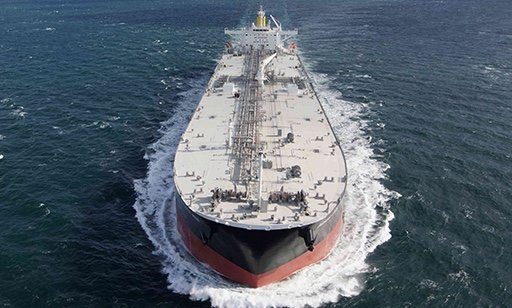Global recession’s impact on the tanker trades analysed

With the global economy teetering on the edge of recession, tanker analysts have spent the past few days pondering what this will mean for those involved in the transport of oil.
New York-based Poten & Parners suggests that the impact of a recession for the tanker trades would be like the “relatively modest” hit the segment took in 2001 – 2002, rather than the tumultuous times following the collapse of Lehman Brothers in 2008, suggesting something less dramatic with a relatively quick recovery.
One reason Poten gave is the significant increase in energy productivity (the amount of economic output for each unit of energy consumed) of the global economy over the last 15-20 years. This means that lower GDP growth will have far less impact on energy and tanker demand. There are also supply-side factors driving this more optimistic outlook. The tanker orderbook is relatively modest – 8.5% of the fleet – and there are a fair number of older vessels that are potential scrapping candidates.
“Sharply higher bunker prices as a result of IMO 2020 combined with required investments in ballast water treatment systems could push owners to scrap rather than upgrade older, less efficient tonnage in the face of market weakness, contributing to a quick turnaround,” Poten predicted.
London-based tanker brokers Gibson noted in its own latest weekly report that the global economy is on a “precarious path”.
“The longer trade wars and political tensions last, the harder it will be for demand growth and prices to recover. Supply currently overwhelms demand, with OPEC+ led cuts so far this year largely not being enough to support a sustained level of price. However, in the short term a market equilibrium is likely to be reached, with supply almost matching demand in Q3 and Q4 due to ongoing restraint by OPEC+, involuntary decline in output in Iran and Venezuela, as well as the expectations for seasonally stronger demand in the 2nd half of the year,” Gibson reported.
The Economist suggested that inverted yield curves seen in the US and the UK last week was a “harbinger” of recession. An inverted yield curve is where the yield on ten-year government bonds falls below the yield on two-year ones. Over the last 50 years, an inverted yield curve preceded each of the last seven recessions in the US.
